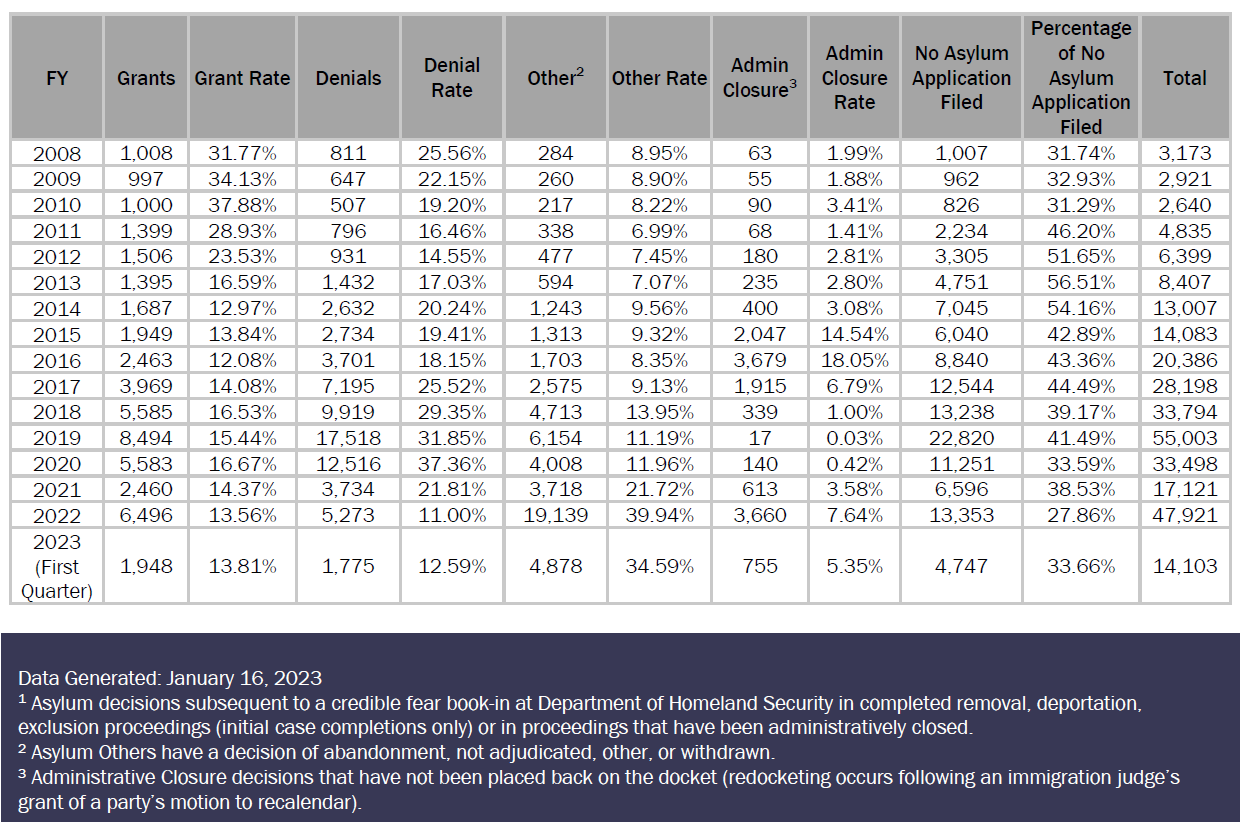Salesforce Reexams Vacated Because It Was Real-Party-in-Interest in RPX IPR
“The subterfuge that underscores the patent challenges filed by the likes of Unified Patents and RPX wouldn’t pass muster in a third grade classroom, but has long befuddled the PTAB…. But sanity may be reengaging at the USPTO.”
One of the most intriguing, and frankly long overdue, reforms the United States Patent and Trademark Office (USPTO) needs to consider is putting an end to the practice of for-profit entities like Unified Patents and RPX filing petitions challenging a patent. This practice has recently been called into question by the USPTO through an Advance Notice of Proposed Rulemaking (ANPRM) published in the Federal Register. The ANPRM, among many other things, raises the question whether the Office should discretionarily deny post grant proceedings filed by for-profit, non-competitive entities that in essence seek to shield actual real-parties-in-interest (RPIs) and privies from the statutory estoppel provisions contained within the America Invents Act (AIA). And two recent decisions from the Office of Patent Legal Administration (OPLA) provide even more hope that the USPTO will take a reasonable approach going forward when it comes to RPIs.
Subterfuge
Unified Patents and RPX will tell you they do not take direction from their subscribing members when deciding which patents to challenge at the PTAB, but it is well-known and well-documented that these entities file challenges against the patents that are being enforced by patent owners against their subscribing members, whether as a part of a licensing program or in litigation. It is also equally well-known and well-documented that follow-on petitioners for reexamination are filed even after the PTAB has refused to institute AIA challenges.
The subterfuge that underscores the patent challenges filed by the likes of Unified Patents and RPX wouldn’t pass muster in a third grade classroom, but has long befuddled the PTAB. For some reason the Federal Circuit’s ruling in Applications in Internet Time, LLC v. RPX Corp., 897 F.3d 1336 (Fed. Cir., 2018), where Judge O’Malley explained that the PTAB had been engaging in inappropriately shallow consideration of who is a real party-in-interest, has been largely ignored. O’Malley turned to the Wright & Miller treatise that law students become familiar with during their first year of law school while taking Civil Procedure, explaining the well-established law of what it means to be a real-party-in-interest, and concluded: “[T]he focus of the real-party-in-interest inquiry is on the patentability of the claims challenged in the IPR petition, bearing in mind who will benefit from having those claims canceled or invalidated.” Id. At 1348. Under that definition, Unified and RPX members are clearly and unambiguously real-parties-in-interest whether or not they are “directing” the petition, whatever hair that deception was meant to split.
A Glimmer of Hope
But sanity may be reengaging at the USPTO. While we wait to see what the ultimate fate will be of for-profit, non-competitor, estoppel shielding petitions, the Office has finally determined that it is inappropriate for the Central Reexamination Unit (CRU) to proceed with an ex parte reexamination where the requesting party was an unnamed and time-barred real-party-in-interest with a previous inter partes review against the same patent. Specifically, on May 26, the Office vacated Salesforce’s reexaminations against Applications in Internet Time for the entirely sensible reason that Salesforce was a real-party-in-interest with RPX’s previous IPR against the same patents, and the Office determined that each of the grounds presented for a finding of unpatentability “reasonably could have been raised in the previous inter partes reviews.” And, as such, Salesforce is estopped from challenging the patents under 35 U.S.C. 315(e)(1).
The patents at issue are U.S. Patent Nos. 8484111 and 7356482. They were challenged by RPX, Corp. in 2015 via IPR2015-01750; IPR2015-01751; and IPR2015-01752. The PTAB issued decisions in favor of RPX, and finding that Salesforce was not a RPI, but the U.S. Court of Appeals for the Federal Circuit subsequently vacated those decisions and remanded to the PTAB. On remand, the PTAB determined Salesforce was a RPI, taking into account the Federal Circuit’s holding that “the Board applied an unduly restrictive test for determining whether a person or entity is a ‘real-party-in-interest’ within the meaning of § 315(b) and failed to consider the entirety of the evidentiary record in assessing whether § 315(b) barred institution of these IPRs.”
The USPTO’s Office of Patent Legal Administration (OPLA) in both of its May 26, 2023, decisions addressed Salesforce’s argument that “courts ‘have uniformly held’ that estoppel does not apply following vacatur of final written decisions,” explaining that the three decisions cited in support of that argument were not persuasive. Salesforce pointed to three non-Federal Circuit decisions, 3rd Eye Surveillance v. Applications in Internet Time, LLC; General Access Solutions, Ltd. v. Sprint Spectrum L.P.; and Power Integrations, Inc. v. ON Semiconductor Corp. to bolster its position, but the OPLA said that 3rd Eye Surveillance does not address Section 315, General Access Solutions does not address the relevant statutory language and Power Integrations is a non-binding district court decision. The OPLA decisions note:
“In Intuitve Surgical, Inc. v. Ethicon LLC…the Federal Circuit held that the estoppel provisions of 35 U.S.C. 315(e)(1) are effective once an IPR concludes with issuance of a final written decision…. Therefore, the fact that the Federal Circuit vacated the PTAB’s final written decision and remanded to the PTAB for further proceedings in the ‘1750 IPR does not negate the § 315(e)(1) estoppel effect resulting from the final written decision on claims 13-18.”
According to Jim Carmichael of Carmichael IP, who represented Applications in Internet Time in the case, “this is the first known time an unnamed, time-barred real-party-in-interest attempted to repackage their rejected IPR grounds as a reexamination request.” Carmichael added that the firm is “pleased the PTO did the right thing and put an end to such abuse. A time-barred petitioner should not be rewarded for hiding behind a member-based organization such as RPX.”
IPWatchdog reached out to Salesforce’s counsel, James Glass of Quinn Emanuel Urquhart, for comment but had not received a reply as of the time of publication.
Image Source: Deposit Photos
Image ID: 2328689
Author: Feverpitch
Gene Quinn
Gene Quinn is a patent attorney and a leading commentator on patent law and innovation policy. Mr. Quinn has twice been named one of the top 50 most influential people […see more]
Eileen McDermott
Eileen McDermott is the Editor-in-Chief of IPWatchdog.com. Eileen is a veteran IP and legal journalist, and no stranger to the intellectual property world, having held editorial and managerial positions at […see more]








